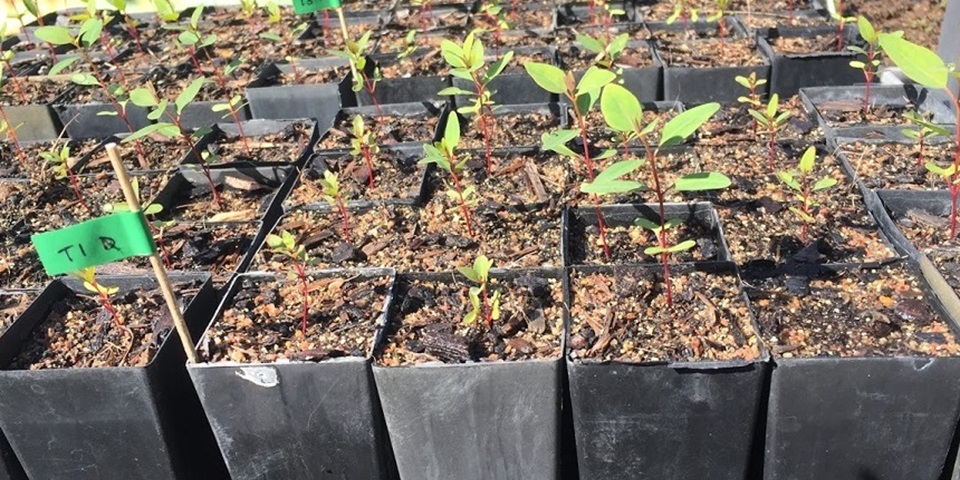News
Could quenda poo restore our gum trees?

Droppings from a rabbit-sized native Australian digging marsupial are being studied by Murdoch researchers, who have found they are important in dispersing beneficial fungi that can help eucalyptus seedlings grow.
Formerly known as the southern brown bandicoot, the quenda plays an important role in the health of bushland by improving soil aeration, and aiding water penetration, particularly in Tuart trees, one of WA’s most important gum trees.Over a period of five months, PhD student Natasha Tay, from Murdoch’s School of Veterinary and Life Sciences, and Edith Cowan University lecturer Dr Anna Hopkins, analysed wild quenda scats (faeces) collected in bushland within the City of Mandurah.
Weighing somewhere between 500 grams and two kilograms, quenda are found throughout the Swan Coastal plain, which extends from Perth to Cape Naturaliste in the State’s south-west. They travel widely – up to 8.9 hectares – in their home range.
Their scats contain spores from the fungi they eat, and their wide-ranging movements help disperse fungi in the environment. These fungi play an important role in the health and survival of Tuart trees.
The specialised beneficial fungi have an interdependent relationship with tree roots, helping species such as the Tuart to access water and nutrients needed to keep the tree healthy.
The scats collected by the researchers in the City of Mandurah contained mycorrhizal fungal spores, which play a key role in helping plant roots to access nutrients and water. These scats were added to pots where Tuart eucalyptus seedlings were grown under glasshouse conditions.
“Our study has shown that after passing through the quenda gut, spores of mycorrhizal fungi not only survive but they can successfully germinate and colonize seedling roots,” Ms Tay said. “The fresh quenda scat had a significantly beneficial effect on our tested Tuart seedlings.
“Small mammals such as quendas play a vital role as ecosystem engineers. They eat a wide range of fungal fruiting bodies and then disperse the spores, which are essential in the growth of new seedlings.
“Their role could become increasingly vital in degraded and fragmented urban landscapes. Our study shows quenda scat can be used to support seedling growth, which could assist in the long-term with restoring Tuart tree populations.
“Our next step is to plant seedlings grown with quenda scat into the field and see how they affect Tuart seedling survival in the long run.”